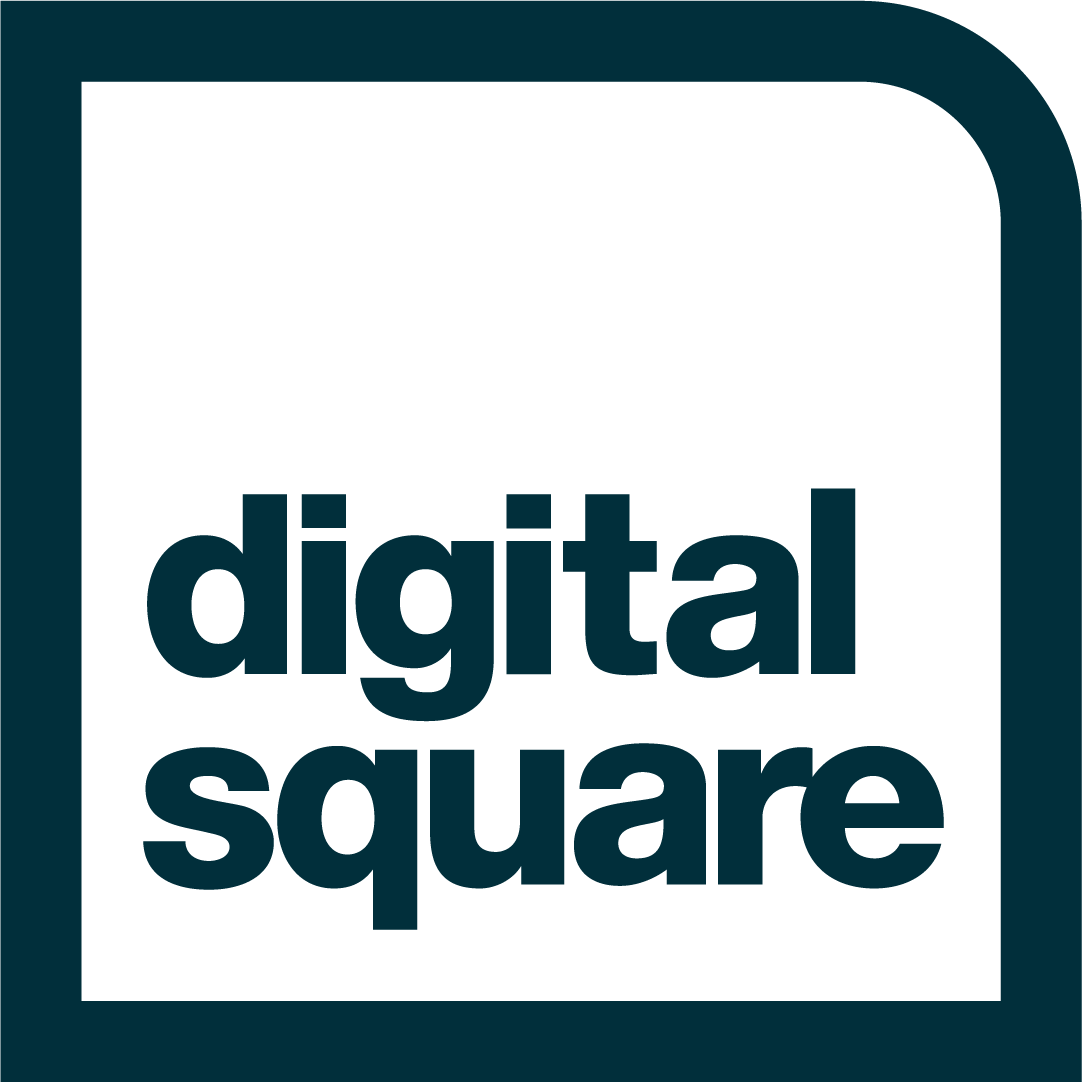LEGO lessons for COVID-19: Making data click
By Anna Volbrecht and David Verga
This article was originally posted on PATH.org
Photo: PATH.
When LEGO blocks were first created, they were designed around “the system”—that is, all bricks will fit together with all other bricks forever. Pieces vary in color and shape, but the underlying system allows a brick produced 50 years ago to fit snugly with one produced today. New pieces can be added and designs customized for specific projects but, in the end, all LEGO bricks work together. Similarly, data systems work best when they’re designed to work together. Instead of using physical dimensions to ensure compatibility, data systems make use of data standards—internationally shared structures that allow different systems to speak the same language.
Take, for example: outcome_lab_result
In the technical guidance provided by the World Health Organization (WHO), this text names the variable representing COVID-19 test results. By providing this common name—along with a set of common choices (positive; negative; inconclusive; unknown)—WHO helps to ensure that the systems we use to record this information are also capable of sharing it. Once digital platforms are coded to recognize this specific structure, the data becomes readable across platforms. If one data system used a different variable name (like Outcome_LabResult), other systems would not be able to recognize, read, or understand the information.
Data standards in the time of COVID-19
Data standards are always important. But they’re even more important when facing a public health crisis like COVID-19.
“Data must be exchanged seamlessly in real time so decision-makers can respond in a targeted and effective way,” said Amanda BenDor, manager of Partnerships and Community Engagement for PATH’s Digital Square initiative. “If digital systems can share and interpret data, users of those systems have access to higher quality information, which enables more efficient and informed actions.”
By speaking the same language, data from any system are useful immediately. No extra time or resources are needed to improve the data’s utility.
PATH and partners take the lead
An epidemic is the toughest test for a health system. It requires caring for all those infected, guiding policy makers, and providing all routine the services unrelated to the outbreak. During these times, data systems are also stretched as they take on repurposing data for the epidemic response.
The OpenHIE community brings together organizations from around the world to support country-driven, large-scale health information sharing architectures. Photo: PATH.
The Digital Square initiative helped to establish and now co-chairs the OpenHIE COVID-19 Task Force to consolidate and raise awareness of data standards as they apply to the pandemic.
“The OpenHIE Task Force provides essential coordination to develop clear guidance as digital health technologies are adapted to rapidly respond to country needs,” said Jenny Thompson, a PATH technical program officer supporting the task force.
The task force is also engaging with ministries of health and a range of other partners to ensure the needs of low-resource systems are incorporated into global guidance and data standards for COVID-19, like those released by WHO and PEPFAR (President’s Emergency Plan for AIDS Relief).
Beyond the task force, Digital Square continues to work with partners in its global good community on tools like SORMAS, a surveillance and response management system for outbreaks, to ensure consistent data models are used for contact tracing and case reporting. The push for global data standards requires rapid coordination in the digital health sector, but the benefits will be long-lasting. Just like the LEGO system, these standards will allow data to work together and give us new insights for improving public health.
LEGO® is a trademark of the LEGO Group of companies, which does not sponsor, authorize or endorse this site.



